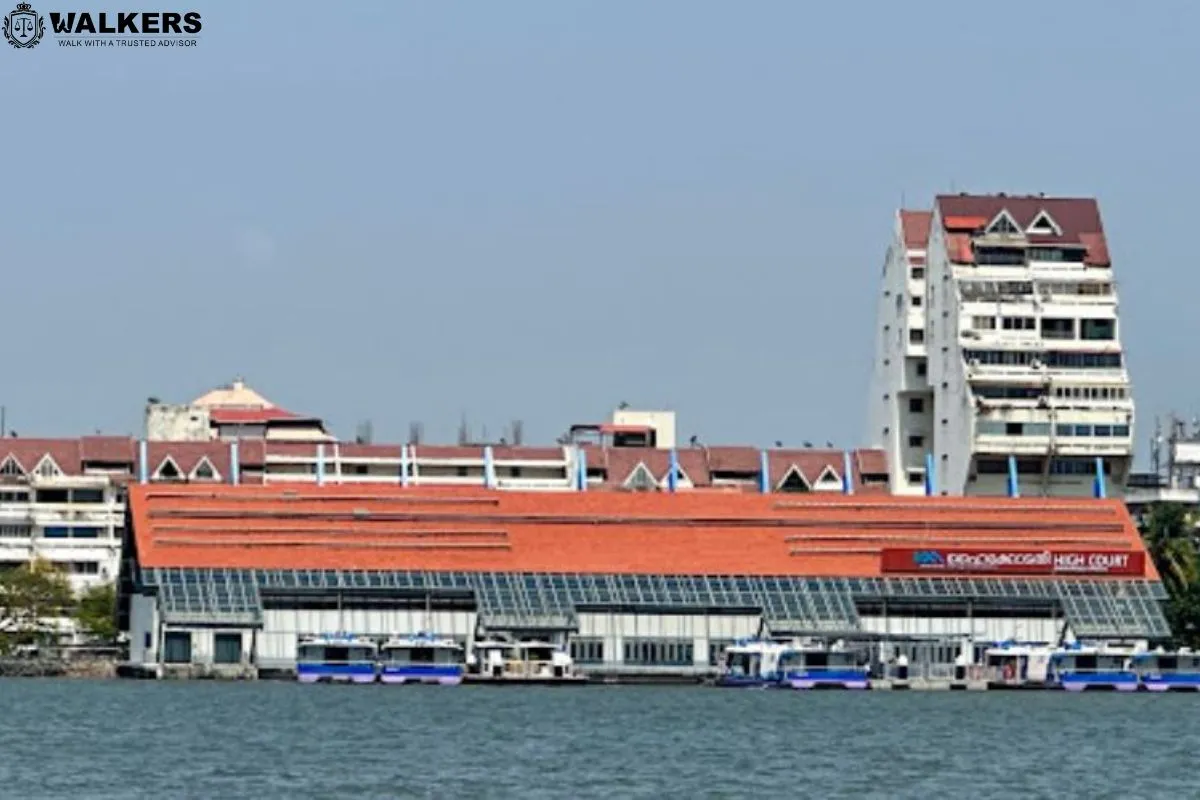


Kerala High Court Rejects Anticipatory Bail Plea, Affirms Consent Impossibility in Semi-Conscious State
The Kerala High Court, in a recent ruling, stated that a woman in a semi-conscious state cannot provide consent for sexual activity, leading to the denial of anticipatory bail for an accused in a rape case.
Justice A Badharudeen dismissed the plea for anticipatory bail put forth by a man facing allegations of rape. The case involved a woman from the Scheduled Caste community who reported being raped after consuming cake and water containing a harmful substance, which left her semi-conscious.
The Court's observation noted, "In this case, the complainant's account specifically indicates that she was subjected to rape after being offered cake and water by the accused. She later experienced a diminishing eyesight while in a semi-conscious state. Given these circumstances, it is not plausible to conclude that the actions described by the complainant were a result of consent."
The Court found merit in the allegations made against the accused, leading to the conclusion that the provisions prohibiting pre-arrest bail under the Scheduled Caste and Scheduled Tribe (Prevention of Atrocities) Act (SC/ST Act) were applicable.
The Court's decision rested on the notion that the prosecution's allegations had a prima facie basis. Consequently, anticipatory bail could not be granted due to the specific constraints outlined in Section 18 and 18A of the SC/ST Act.
The appellant, who had been charged with offenses under relevant sections of the Indian Penal Code (IPC) and the SC/ST Act, initially sought anticipatory bail from a special court dealing with SC/ST Act cases. The court rejected his plea, prompting him to approach the Kerala High Court.
During the proceedings, the appellant contended that he had a consensual relationship with the complainant, asserting that she filed a false rape complaint due to their strained relationship.
In contrast, the prosecution alleged that the accused had engaged in rape after administering a harmful substance, causing the complainant to lose consciousness. Additionally, the prosecution claimed that the accused had threatened and raped her on other occasions as well.
The Public Prosecutor highlighted that even if a romantic relationship existed between the two parties, the rape charge remained valid due to the appellant's use of a harmful substance to incapacitate the complainant.
A phone call recording between the complainant and the appellant was submitted by the appellant's legal counsel, suggesting the continuance of a cordial relationship. However, the Court interpreted the recording to potentially indicate sexual abuse.
The Court concluded that a prima facie case had been established against the appellant, leading to the rejection of his anticipatory bail plea.
Click Here to: Download/View Related File
TAGS: Kerala High Court anticipatory bail consent in semi-conscious state rape case Scheduled Caste harmful substance denial of bail SC/ST Act Indian Penal Code prima facie cordial relationship phone call recording sexual abuse.